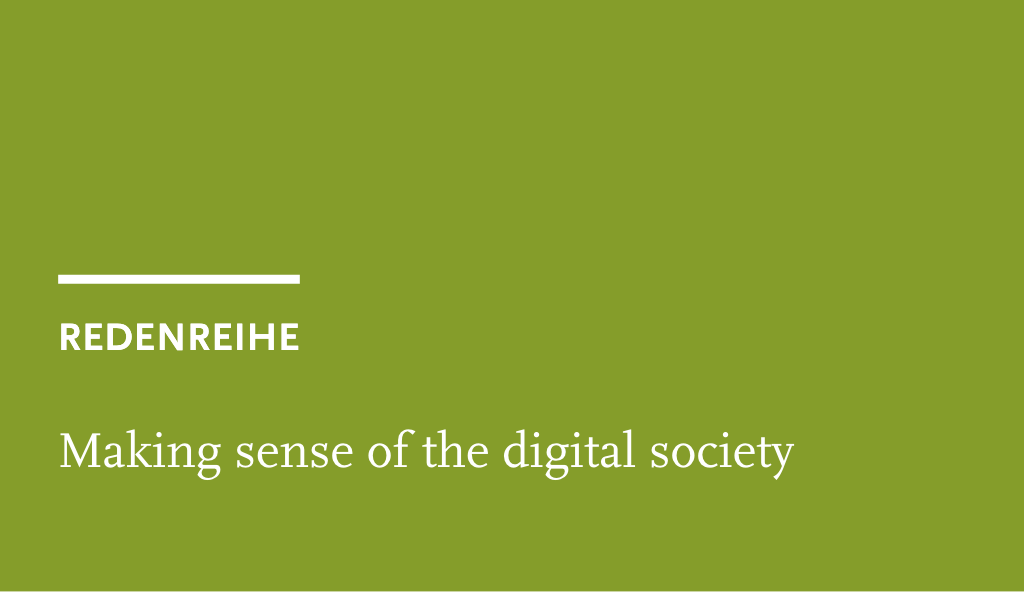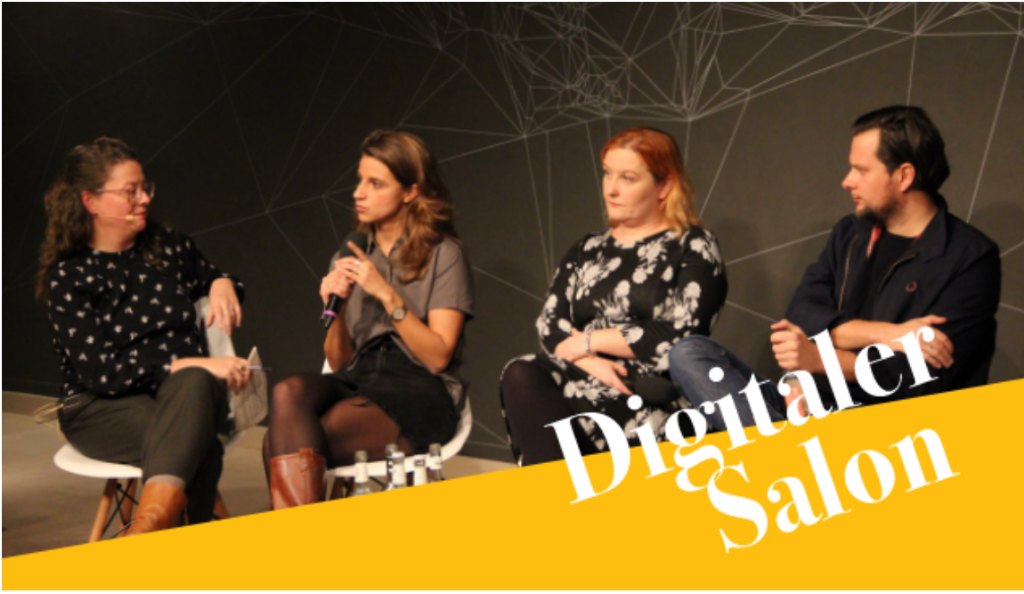
A constitution for social media? – Lunch talk with Edoardo Celeste
Am 13. Juni findet ein öffentlicher Brown-Bag Lunch in der Küche des Instituts statt. HIIG Fellow Edoardo Celeste, Forscher an der Sutherland School of Law am University College Dublin, beschäftigt sich mit digitalen Grundrechten und der Frage nach der Notwendigkeit eines digitalen Konstitutionalismus. Die Veranstaltung findet auf Englisch statt, bei Interesse registrieren Sie sich bitte vorab über untenstehendes Anmeldeformular.
O P E N B R O W N – B A G L U N C H
Lunch talk with Edoardo Celeste: A constitution for social media?
Wednesday, 13 June 2018 · 1pm · HIIG Kitchen
To comply with the impending GDPR rules, social media platforms are asking users to accept their new privacy policies. Are a couple of clicks sufficient to accept the rules which affect a substantial part of our life? Behind this question lies the idea that today social media represent another space, parallel to the physical one, where individuals perform a countless number of actions, from finding their job to professing their faith, which are essential in a democratic society. It is therefore apparent that the way in which social networking websites are shaped and regulated influences the exercise of our fundamental rights. By distractedly consenting to the new terms of our social media platform, we are undoubtedly underestimating the relevance of our choice. We click on ‘accept’ while we are on the bus, at work, watching the TV; there is no polling station that gives us the impression that we are making an important choice, but in reality we are casting a critical vote that will influence several aspects of our life.
A further paradox is that we are essentially forced – unless we decide not to be ‘social’ – to accept a series of rules established by social media companies, which, apparently, we do not trust any more. The recent scandal involving Facebook and Cambridge Analytica has been the tip of the iceberg. Moreover, beyond the question of trust, why should users simply ratify the rules undemocratically established by private companies? When users accept to use a social networking website, they also consent to respect the rules set by the owners of these virtual precincts. However, considering the impact of social media on fundamental aspects of our life, one could object that this situation is not fair and that users should have a say on these rules or, at least, establish a series of basic norms that no platform should infringe. We would need – one could say – a constitution for social media.
Edoardo Celeste will present the findings of his research on the topic. In his recent article published in the International Review of Law, Computers & Technology he argues that in fact a similar instrument already exists. He analyses a series of bills of rights of social media users and compares them with Facebook’s terms, which seem to intentionally adopt a similar constitutional tone. He eventually contends that these instruments do not play a real constitutional function yet, but that they could be regarded as an alert sign for existing constitutional instruments.
Edoardo Celeste is a visiting fellow at HIIG and an Irish Research Council funded PhD candidate at the Sutherland School of Law at University College Dublin.
Bookings
Eine Anmeldung ist für diese Veranstaltung aktuell nicht möglich.
DIGITAL SOCIETY VORTRÄGE
Diese exklusive Vorlesungsreihe entwickelt eine europäische Perspektive zu den aktuellen Transformationsprozessen innerhalb unserer Gesellschaft.
DIGITALER SALON
Einmal im Monat laden wir ausgewählte Gäste ein, um gemeinsam mit dem Publikum über die Auswirkungen der Digitalisierung auf die Gesellschaft zu sprechen.
NEWSLETTER
Erfahren Sie als Erstes über neue Events und spannende Forschungsergebnisse.

